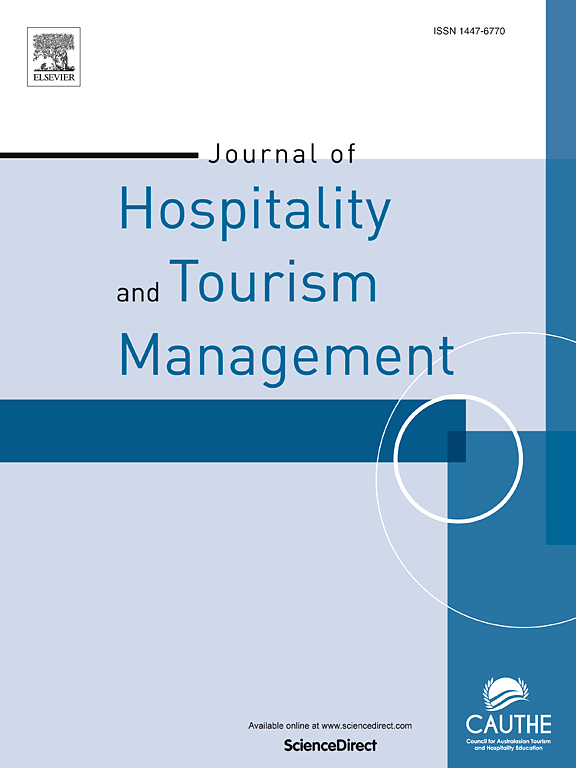From failure to forgiveness: Proactive recovery strategies for service robots in hospitality
IF 7.8
1区 管理学
Q1 HOSPITALITY, LEISURE, SPORT & TOURISM
引用次数: 0
Abstract
With service robots becoming an integral part of service encounters in the tourism and hospitality industry, understanding their role in proactive recovery after service failures is crucial. This study investigates the impact of service robot proactive recovery (vs. reactive recovery) on customer forgiveness, examining the mediating mechanisms and boundary conditions. Four experiments reveal that, following a service robot failure, proactive recovery (vs. reactive recovery) significantly enhances customer forgiveness, with perceived sincerity serving as a mediator. However, the positive effects of robot proactive recovery are observed only when failures are robot-induced or in non-secret consumption contexts. In contrast, no significant differences in customer forgiveness are found between proactive and reactive recovery in cases of customer-caused failures or in secret consumption contexts. This research contributes to the growing literature on service proactivity in the tourism and hospitality industry, providing practical insights for hospitality on how to tailor recovery strategies.
从失败到原谅:酒店服务机器人的主动恢复策略
随着服务机器人成为旅游业和酒店业服务遭遇中不可或缺的一部分,了解它们在服务故障后主动恢复中的作用至关重要。本研究探讨了服务机器人主动恢复(相对于被动恢复)对顾客原谅的影响,考察了中介机制和边界条件。四项实验表明,在服务机器人发生故障后,主动恢复(相对于被动恢复)显著提高了客户的宽恕,感知到的真诚是一个中介。然而,只有当故障是机器人引起的或在非秘密消费环境中,才会观察到机器人主动恢复的积极影响。相比之下,在客户导致的失败或秘密消费背景下,主动恢复和被动恢复在客户宽恕方面没有显着差异。这项研究为旅游业和酒店业服务主动性的文献研究做出了贡献,为酒店业如何定制恢复策略提供了实用的见解。
本文章由计算机程序翻译,如有差异,请以英文原文为准。
求助全文
约1分钟内获得全文
求助全文
来源期刊
CiteScore
13.30
自引率
8.40%
发文量
177
审稿时长
45 days
期刊介绍:
Journal Name: Journal of Hospitality and Tourism Management
Affiliation: Official journal of CAUTHE (Council for Australasian Tourism and Hospitality Education Inc.)
Scope:
Broad range of topics including:
Tourism and travel management
Leisure and recreation studies
Emerging field of event management
Content:
Contains both theoretical and applied research papers
Encourages submission of results of collaborative research between academia and industry.

 求助内容:
求助内容: 应助结果提醒方式:
应助结果提醒方式:


